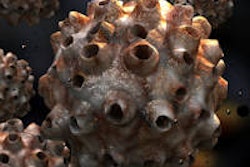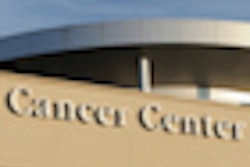A rising number of parents say they won't have their teenage daughters vaccinated against the human papillomavirus (HPV) even though physicians are increasingly recommending adolescent vaccinations, according to a new study in Pediatrics (March 18, 2013).
More than 40% of parents surveyed by researchers at the Mayo Clinic believe the HPV vaccine is unnecessary, and a growing number worry about potential side effects, the clinic noted in a press release.
The researchers looked at three vaccines routinely recommended for U.S. teens: a vaccine to protect against the sexually transmitted HPV; Tdap, for tetanus, diphtheria, and acellular pertussis; and the meningococcal conjugate vaccine (MCV4) vaccine.
The researchers analyzed vaccination data for teens ages 13 to 17 in the 2008-2010 National Immunization Survey of Teens. They found that as of 2010, 8 of 10 teens had the Tdap vaccine and roughly 63% had the MCV4 vaccine. Only about one-third of girls were immunized against HPV.
The HPV vaccination rate did rise; it was only 16% in 2008. But at the same time, more parents reported that they did not intend to have their daughters vaccinated for HPV. Among the reasons they gave: The vaccine was not recommended, lack of knowledge, it is unnecessary, the vaccine is inappropriate for the child's age, worry about safety and side effects, and the child isn't sexually active.
Five years ago, 40% of parents surveyed said they wouldn't vaccinate their girls against HPV. In 2009, that rose to 41%, and in 2010, to 44%. Parents concerned about HPV vaccine safety rose from 5% in 2008 to 16% in 2010, while less than 1% worried about the safety of the Tdap and MCV4 vaccines, the researchers found.
During the same years, more studies have shown how safe and effective the HPV vaccine is in this age group, according to the study authors. The vaccine prevents cervical cancer and other genital cancers by preventing the HPV infections that lead to those cancers.
According to parents surveyed, more clinicians are recommending the HPV vaccine, but they are advising it only about half the time. The facts show the vaccine is necessary, the researchers said. The vaccine is more effective in younger adolescents than older teens, they added. The Mayo Clinic routinely starts the series at age 9.



















